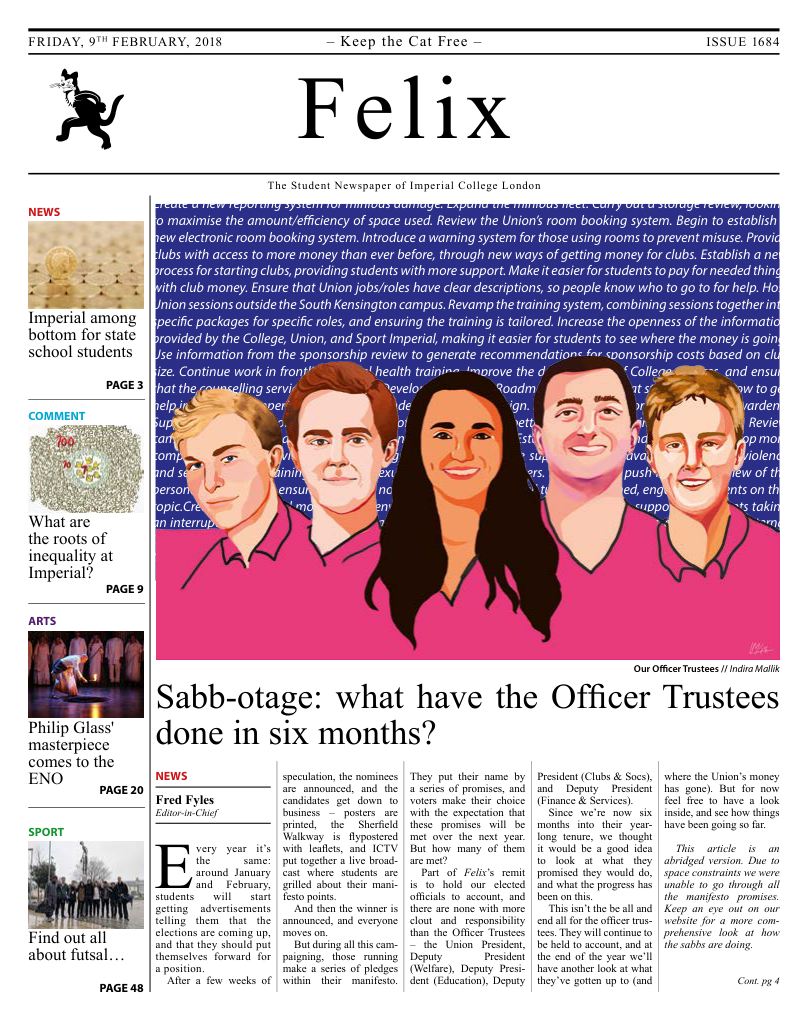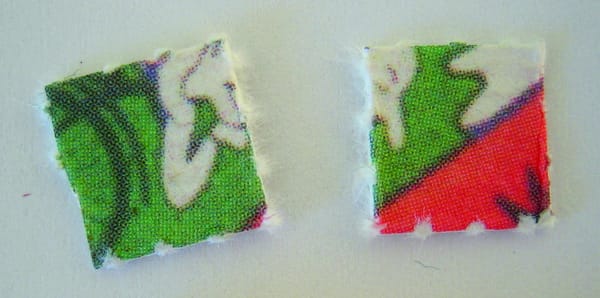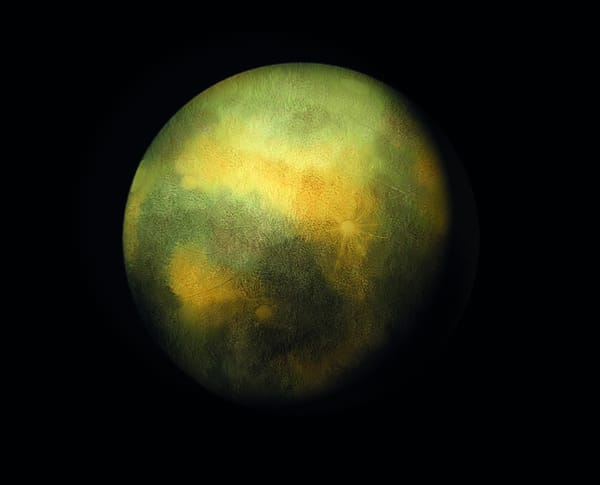Organs-on-chips to study anti-cancer effects of drugs
While our iPhones get bigger, our research equipment gets smaller.

While our iPhones get bigger by the generation, scientists are striving to keep things small in order to cut down on the cost of research. An example would be an ‘organ-on-chip’, where aspects of an organ are mimicked on a piece of polymer that is the size of your palm! The application of this technology is vast – from drug discovery to studying developmental biology. Not only can these models reduce the cost of research, because fewer cells and reagents are needed, but they can also decrease the number of animals required in research.
A recent example of how organ-on-chips can be used is demonstrated by a multi-national group, which engineered blood vessels on silicon chips to understand the progression of cancer.
Cancer, similarly to you and I, requires oxygen and nutrients to grow. They secrete chemicals into the local environment, which induce new blood vessels to grow towards them through a process called angiogenesis, thereby bringing nutrition to their doorstep. If we can understand the mechanism by which they feed themselves, scientists may be able to starve them to death.
This concept is old, and available cancer drugs on the market try to achieve just that, but their efficacy is disappointingly low. Furthermore, traditional models used to study blood vessel growth have their limits, and hence better models are needed for developing new therapies against cancer.
A microvessel-on-chip has been devised for this purpose, and scanning technologies have shown these vessels can faithfully mimic the process of blood vessels sprouting inside the body. On top of that, they demonstrated a key pathway that is known to regulate angiogenesis, suggesting these engineered vessels are of great biological relevance to studying cancer.
To investigate whether this model can be used for drug testing they treated the vessels with anti-cancer drugs that inhibit angiogenesis, Sorafenib and Sunitinib, as a proof-of-concept. Their result confirmed the effectiveness of such a model and implicated the potential use of microvessel-on-chip for drugs screening in the future.
Nevertheless, there are drawbacks to this technology. Firstly, due to its simplicity the direction of angiogenesis cannot be studied. As mentioned, cancer cells often release molecules to direct new blood vessels to grow towards them. This model can only mimic the development of vessels, but not the directional migration of angiogenesis sprouting. Therefore, it is likely that this technology will be used in pre-clinical models but may not fully eliminate the use of animals in research.
Nonetheless, this model is an improvement from traditional 2D-cell culture, and other diseases – such as rheumatoid arthritis and diabetic retinopathy – can potentially be studied. Hopefully, in conjunction with high throughput technologies, more effective drugs can be developed to cure cancer and these related diseases in the coming decade.








